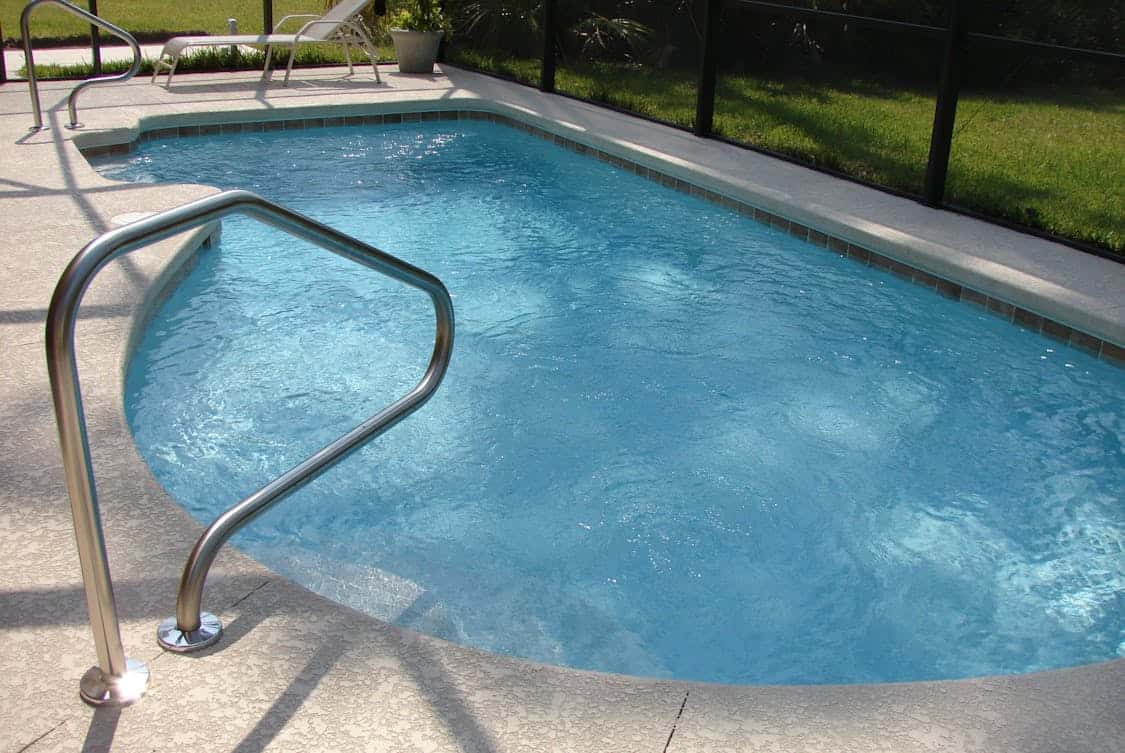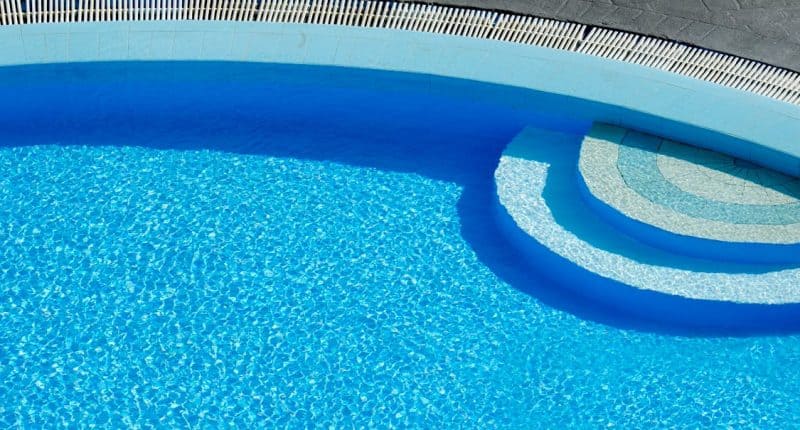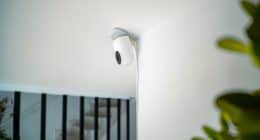Preparing your pool for a professional inspection can feel overwhelming. However, with a little organization and attention to detail, you can make the process smooth and efficient. Here’s how to prepare effectively for that upcoming visit.
Clean the Pool
Before the inspector arrives, give your pool a thorough cleaning. Start by skimming the surface for leaves, debris, and insects. A clean pool not only looks good but also allows the inspector to assess the water quality accurately.
Next, vacuum the bottom of the pool to remove any dirt or sediment that may have accumulated. A pristine pool surface helps showcase the maintenance you’ve been conducting.
Don’t forget to brush the walls and tiles. Algae buildup can hide potential issues, so addressing this beforehand ensures a clear view during the inspection.
For homeowners who want professional guidance and reliable service, scheduling with PEAK Pool and Spa Inspections is an excellent way to ensure everything is up to standard.
Check Water Chemistry
Water chemistry is a major aspect of pool health. Test the water a few days before the inspection, focusing on chlorine levels, pH, and alkalinity. If levels are off, adjust them accordingly.
Consider using a simple home testing kit to get accurate results. If you prefer, you can also get your water analyzed at a local pool supply store.
Aim for a pH between 7.2 and 7.8, and maintain chlorine levels between 1-3 ppm. This isn’t just for the inspector’s benefit; it’s essential for the health of pools and swimmers alike.
Inspect Pool Equipment
Inspect all pool equipment, including the pump, filter, heater, and lights. Look for any signs of wear and tear, leaks, or corrosion. If something seems off, address it before the inspection.
Check the filter system to ensure it’s clean and functioning properly. A clogged filter can raise red flags during an assessment.
If your pool has any automated features, ensure they are functioning as intended. Proper equipment operation contributes to the overall health of your pool.
Clear the Surrounding Area

The area around your pool should be tidy and easily accessible. This means clearing away any furniture, toys, or equipment that might obstruct the inspector’s path.
Trim any overgrown plants or bushes that could hinder access to important areas of the pool. A well-kept yard not only enhances the pool’s appearance but also reflects your commitment to property maintenance.
Review Safety Features
Safety is a big concern for pool inspectors. Review all safety features, including fencing, gates, and alarms. Make sure gates close securely and self-latch.
If your pool has a cover, check its condition and ensure it can be easily opened and closed. Inspecting these features ahead of time can help prevent issues during the visit.
Document Previous Maintenance
Gather documentation of any previous maintenance or repairs. This could include invoices for service work, warranties for equipment, or records of water testing.
Having this paperwork on hand can provide the inspector with a clearer picture of your pool’s history. It also demonstrates your commitment to keeping your pool in great shape.
Prepare for Questions
Inspectors often have questions about the pool’s history and maintenance. Be prepared to discuss recent repairs, regular cleaning schedules, and water testing routines.
Organizing your thoughts and jotting down notes can help you provide clear and concise answers. Knowledge about your own pool is a valuable asset during the inspection.
Set Up an Inspection Schedule
If possible, schedule the inspection during a time when you can be present. This allows you to address any questions or concerns on the spot.
Being available during the visit also lets you share insights about the pool’s maintenance. An open line of communication can help clarify any issues before they become more significant problems.
Plan for Weather Conditions
Weather can play a significant role in the inspection process. Keep an eye on the forecast leading up to the inspection date. If rain or storms are expected, consider rescheduling for a more favorable day.
Wet conditions can make it challenging for the inspector to assess the pool and its area properly. Planning ahead helps ensure the inspection goes off without a hitch.
Final Walkthrough
On the day of the inspection, conduct a final walkthrough of the pool area. Ensure everything is in order, from water levels to surrounding landscaping.
Take one last look at the pool’s cleanliness and equipment functionality. A well-prepared pool can make a positive impression.
Keep Communication Open
After the inspector arrives, maintain an open dialogue. If they mention any concerns or areas of focus, ask questions. Engaging in conversation can provide you with deeper insights into your pool’s condition.
Being approachable may also encourage the inspector to share tips or advice, benefiting your pool maintenance in the long run.
Understand Inspection Criteria
Familiarize yourself with the criteria that inspectors commonly use to evaluate pools. This includes structural integrity, safety features, and water quality.
Understanding what the inspector will be looking for can help you address potential issues before they become problems.
Gather Additional Resources
If your pool has unique features, consider gathering resources or manuals that detail these aspects. This can help the inspector understand specialized systems or equipment.
Documentation can provide context and clarity, revealing how well you’ve maintained those features.
Stay Calm and Relaxed
While inspections can be nerve-wracking, try to remain calm. Remember that this process is meant to ensure the safety and functionality of your pool.
Take a deep breath and approach the visit as a learning experience. The inspector’s feedback can be invaluable for future maintenance.
Post-Inspection Follow-Up
After the inspection, follow up on any recommendations or concerns raised. If the inspector points out areas needing attention, prioritize them.
Addressing these issues promptly will enhance your pool’s safety and performance. It will also show your commitment to maintaining a healthy swimming environment.
By preparing thoroughly, you can transform the inspection process into a beneficial experience for both you and your pool.









